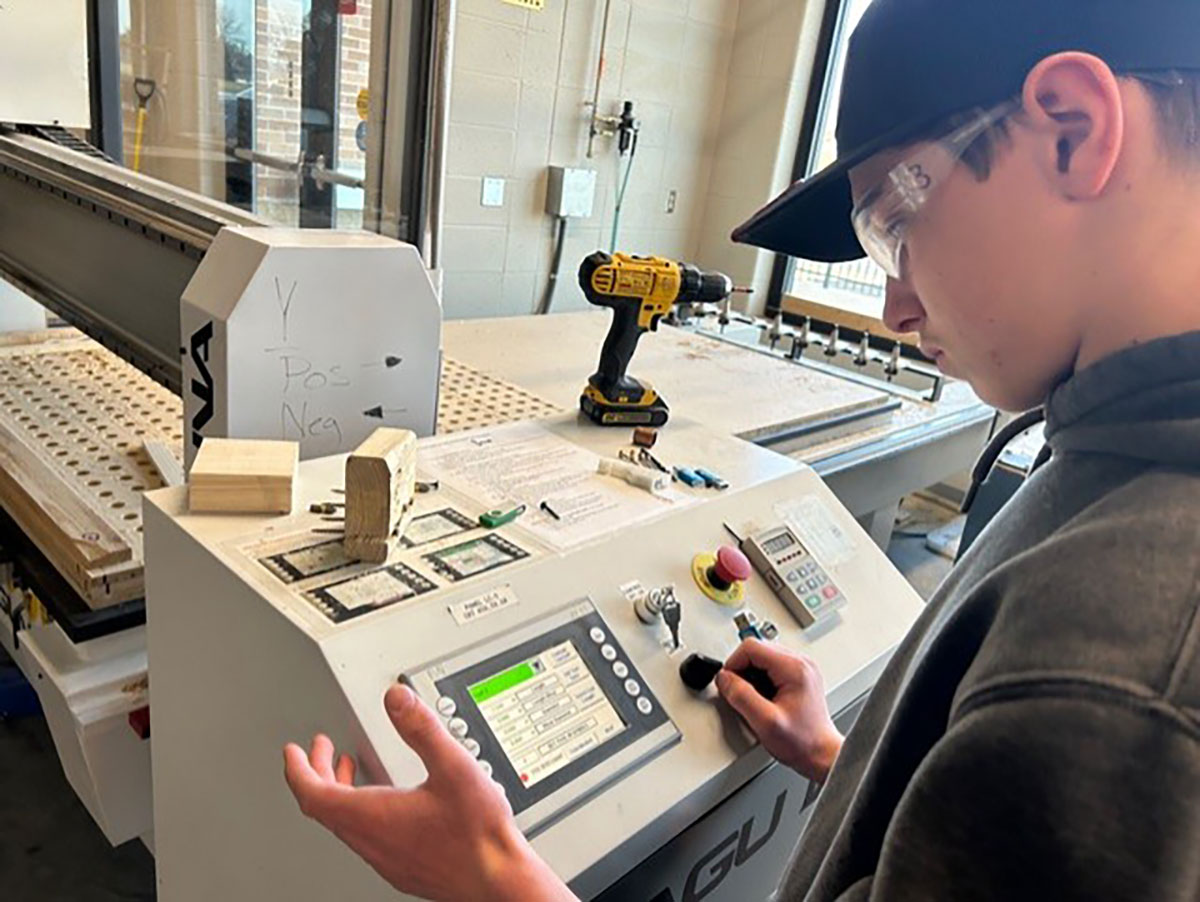Let’s bring your vision to life, together.
Ready to be inspired? Take a look at what passionate, innovative companies just like yours have been able to achieve simply by tapping into the resources and expertise offered through WEDC. Together, we’ve helped them bring their visions to life—propelling them to the tops of their industries. We’d love to help your company look forward, too.


